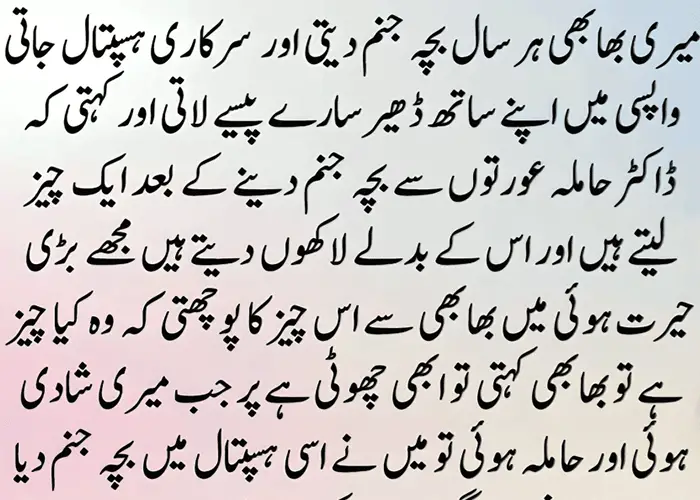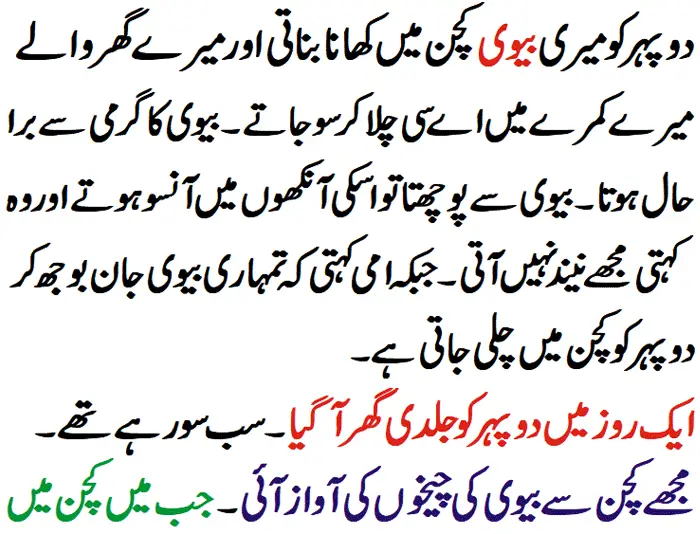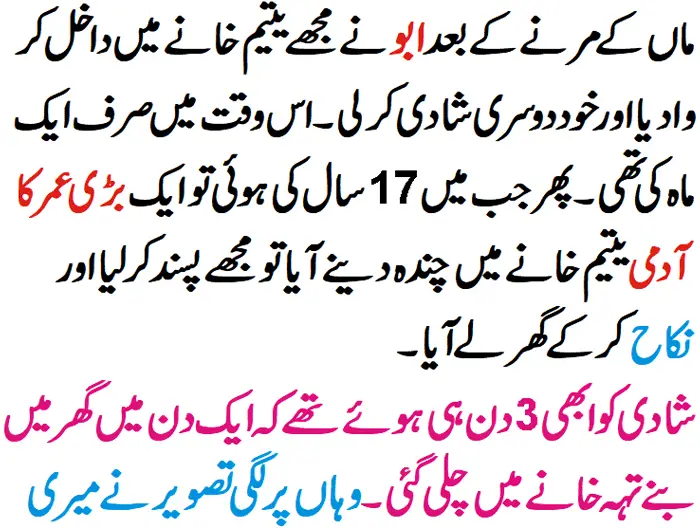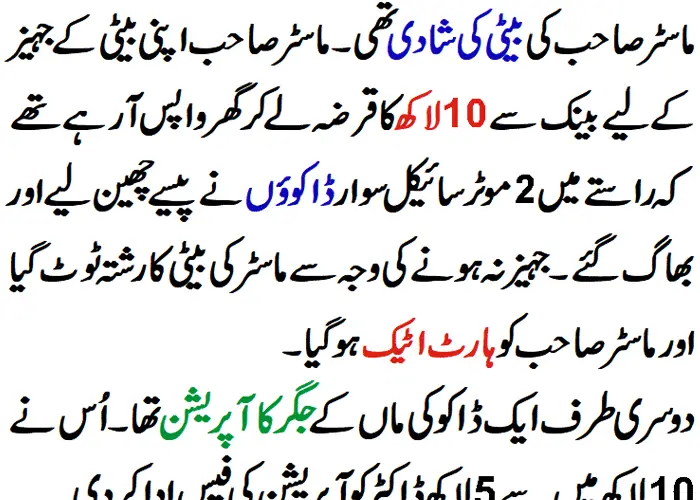
Hair loss can be a distressing experience for many, affecting confidence and self-esteem. While genetics, stress, and hormonal changes play significant roles, diet also influences hair health. Nutrient-rich foods can promote hair growth and strength, helping to combat hair loss. Here are the top 10 foods that contribute to healthy hair.
1. Eggs
Eggs are a powerhouse of protein and biotin, essential nutrients for hair health. Hair follicles are mostly made of protein, and a lack of it can lead to hair loss. Biotin is necessary for the production of keratin, a protein that makes up hair. Including eggs in your diet can help strengthen hair and promote growth.
2. Spinach
Spinach is packed with beneficial nutrients like iron, vitamins A and C, and folate. Iron deficiency is a major cause of hair loss, and spinach is a great source of iron, especially for vegetarians. Vitamin A helps the skin glands produce sebum, an oily substance that moisturizes the scalp and keeps hair healthy.
3. Sweet Potatoes
Sweet potatoes are rich in beta-carotene, which the body converts into vitamin A. Vitamin A is crucial for cell growth, including hair cells. It also helps produce sebum, which keeps hair from becoming dry and brittle. Adding sweet potatoes to your diet can promote hair health and prevent hair loss.
4. Nuts
Nuts, especially almonds and walnuts, are great sources of vitamin E, zinc, and essential fatty acids. Vitamin E is an antioxidant that helps repair and build tissue, including hair tissue. Zinc plays a vital role in hair tissue growth and repair, and a deficiency can lead to hair loss. The fatty acids nourish hair and promote growth.
5. Berries
Berries are rich in antioxidants and vitamins that promote hair health. Vitamin C, found abundantly in berries, helps with collagen production and iron absorption, both of which strengthen hair. The antioxidants in berries protect hair follicles from damage caused by harmful molecules called free radicals.
6. Avocados
Avocados are an excellent source of vitamin E, which enhances hair growth. This vitamin also protects areas of the skin, like the scalp, from oxidative stress and damage. Avocados are rich in essential fatty acids that the body cannot produce on its own. These fats are essential building blocks of your cells, including hair cells.
7. Salmon
Salmon and other fatty fish are rich in omega-3 fatty acids, which are linked to hair growth. Omega-3s nourish hair, support thickening, and reduce inflammation that can lead to hair loss. Salmon is also packed with protein, selenium, vitamin D3, and B vitamins, which can contribute to healthy hair.
8. Greek Yogurt
Greek yogurt is high in protein, a key nutrient for hair strength. It also contains vitamin B5 (pantothenic acid), which helps with blood flow to the scalp and hair growth. This vitamin can prevent hair thinning and loss. Adding Greek yogurt to your diet can help maintain healthy hair.
9. Seeds
Seeds like flaxseeds and chia seeds are rich in nutrients that may promote hair growth. They contain vitamin E, zinc, selenium, and omega-3 fatty acids. These nutrients protect hair from damage, encourage hair growth, and maintain a healthy scalp. Including seeds in your diet can be an easy way to boost your hair health.
10. Beans
Beans are a great plant-based source of protein, which is essential for hair growth. They also provide iron, biotin, and zinc. Biotin deficiency can cause hair thinning and loss. Zinc helps maintain hair’s health by supporting its repair cycle. Including beans in your meals can help promote healthy and strong hair.
FAQs about Hair Health and Diet
1. Can drinking water improve hair health?
Answer: Yes, staying hydrated is crucial for maintaining healthy hair. Water helps in maintaining a healthy scalp and promotes hair growth. Dehydration can lead to dry, brittle hair and even hair loss. Drinking at least 8 glasses of water a day can help keep your hair hydrated and healthy.
2. How does vitamin D affect hair health?
Answer: Vitamin D plays a vital role in the creation of new hair follicles. A deficiency in vitamin D has been linked to hair loss and alopecia. You can increase your vitamin D intake through sunlight exposure, supplements, and foods like fatty fish, fortified milk, and orange juice.
3. Are there any foods that can negatively impact hair health?
Answer: Yes, certain foods can harm hair health. Diets high in sugar, processed foods, and unhealthy fats can lead to poor hair quality and hair loss. These foods can cause inflammation and hormonal imbalances that negatively affect hair follicles. Reducing the intake of sugary snacks, fried foods, and highly processed meals can benefit your hair health.
4. Does caffeine affect hair growth?
Answer: Caffeine can have a positive effect on hair growth when used in moderation. It stimulates hair follicles and promotes hair growth by extending the anagen (growth) phase of the hair cycle. However, excessive caffeine consumption can lead to dehydration and nutrient depletion, which may negatively impact hair health. It’s best to consume caffeine in moderation.
5. How do omega-6 fatty acids impact hair health?
Answer: Omega-6 fatty acids, found in foods like poultry, nuts, and vegetable oils, play a role in hair growth and overall scalp health. They help stimulate hair growth by promoting healthy skin cells and reducing inflammation. However, an imbalance between omega-6 and omega-3 fatty acids can lead to inflammation, so it’s important to maintain a balanced intake of both types of fatty acids for optimal hair health.
Eating these top 10 foods can make your hair healthier and reduce hair loss. Foods like eggs, spinach, sweet potatoes, nuts, berries, avocados, salmon, Greek yogurt, seeds, and beans contain important nutrients that help nourish hair. Besides eating well, managing stress, staying healthy, and seeing a doctor if hair loss is severe is also crucial. Including these foods in your diet can help your hair stay strong, grow well, and look healthy.






